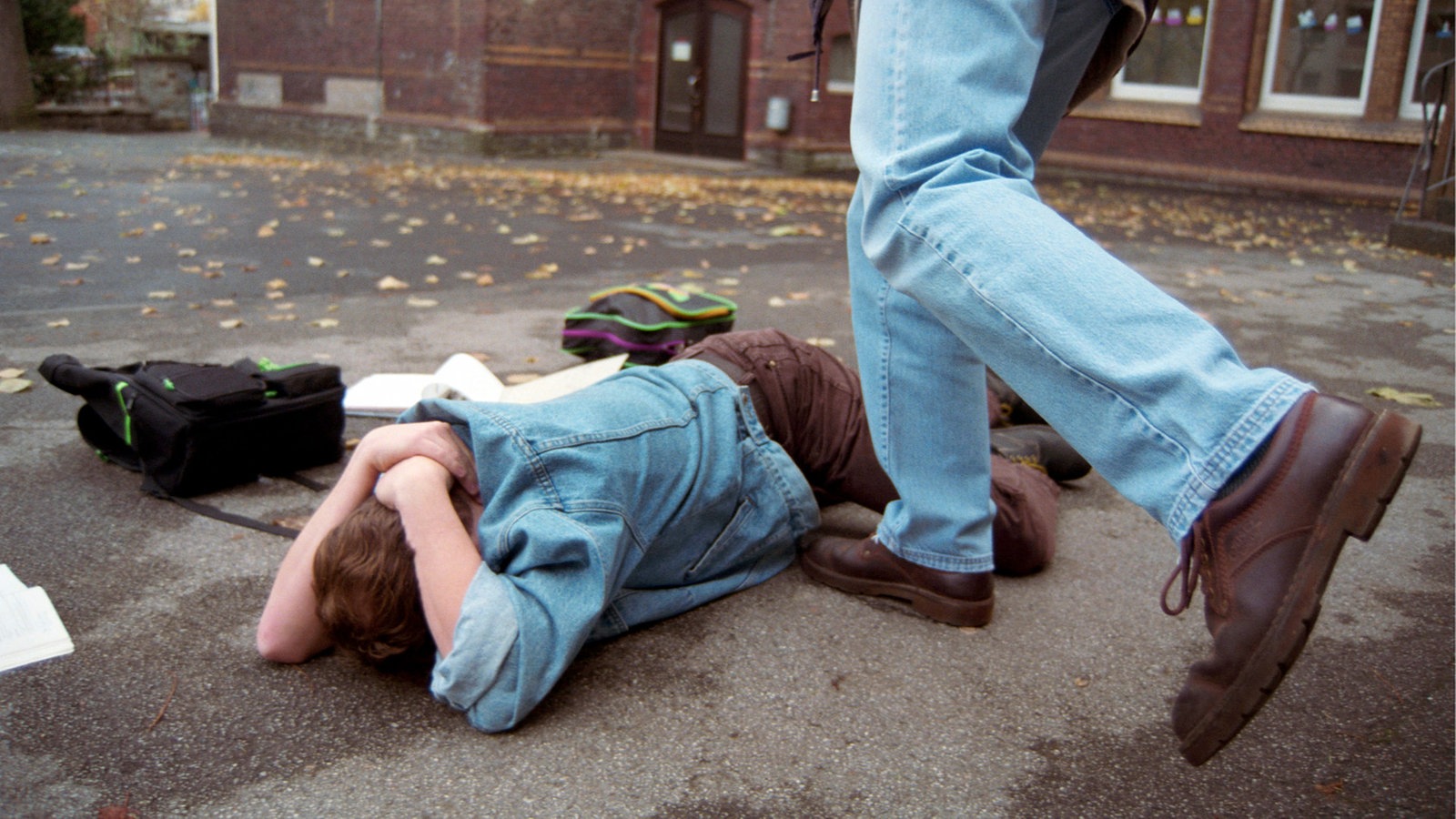WDR: Can the escalation poison the school climate in the long term?
Berens: My experience is different. In the short term, the climate is heavily polluted. But I have seen time and time again that such incidents lead to positive changes in the long term. That the school community will then move closer together and everyone will pay more attention to each other.
Teachers feel a great sense of responsibility for their students, and in such crises students find that they can rely on their teachers. Mutual care often grows between them and among the students after such bad experiences. That is the good in the bad and in the long run positive for a school community when the social ties become tighter.
WDR: When are you going to local schools when the violence escalates, as it was last in Finnentrop?
Berens: As soon as the blue light is off, the headmaster is responsible for the school’s crisis management. At the schools in North Rhine-Westphalia they know that we are at their side with advice and action in such situations. Whenever we are requested, there is always an immediate offer of support from us for the entire school community.
WDR: How can you concretely imagine this help?
Berens: First of all, I can say from experience that in such crises in schools there are always more supporters than those affected. Our help is to offer help for self-help. In enormously stressed situations, people need to experience self-efficacy, which means that they should definitely choose from support offers themselves. What is counterproductive for the self-healing process in such a situation is any form of assault.
WDR: When will you be asked for your help?
Berens: Crisis intervention after violent crimes is only one facet of school psychology. The most important topics for the around 400 school psychologists in North Rhine-Westphalia are bullying, suicide announcements, severe drop in performance in school, refusal to attend school and how to deal with death and grief, for example when teachers or students die – regardless of violence.
But we are also active in prevention, which means that we enable teachers to deal with these topics in advanced training courses. They are not psychologists, but they are the more important contact persons and often confidants for schoolchildren.
The interview was conducted by Christian Zell.
–


